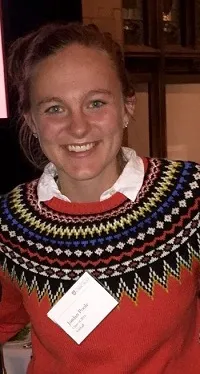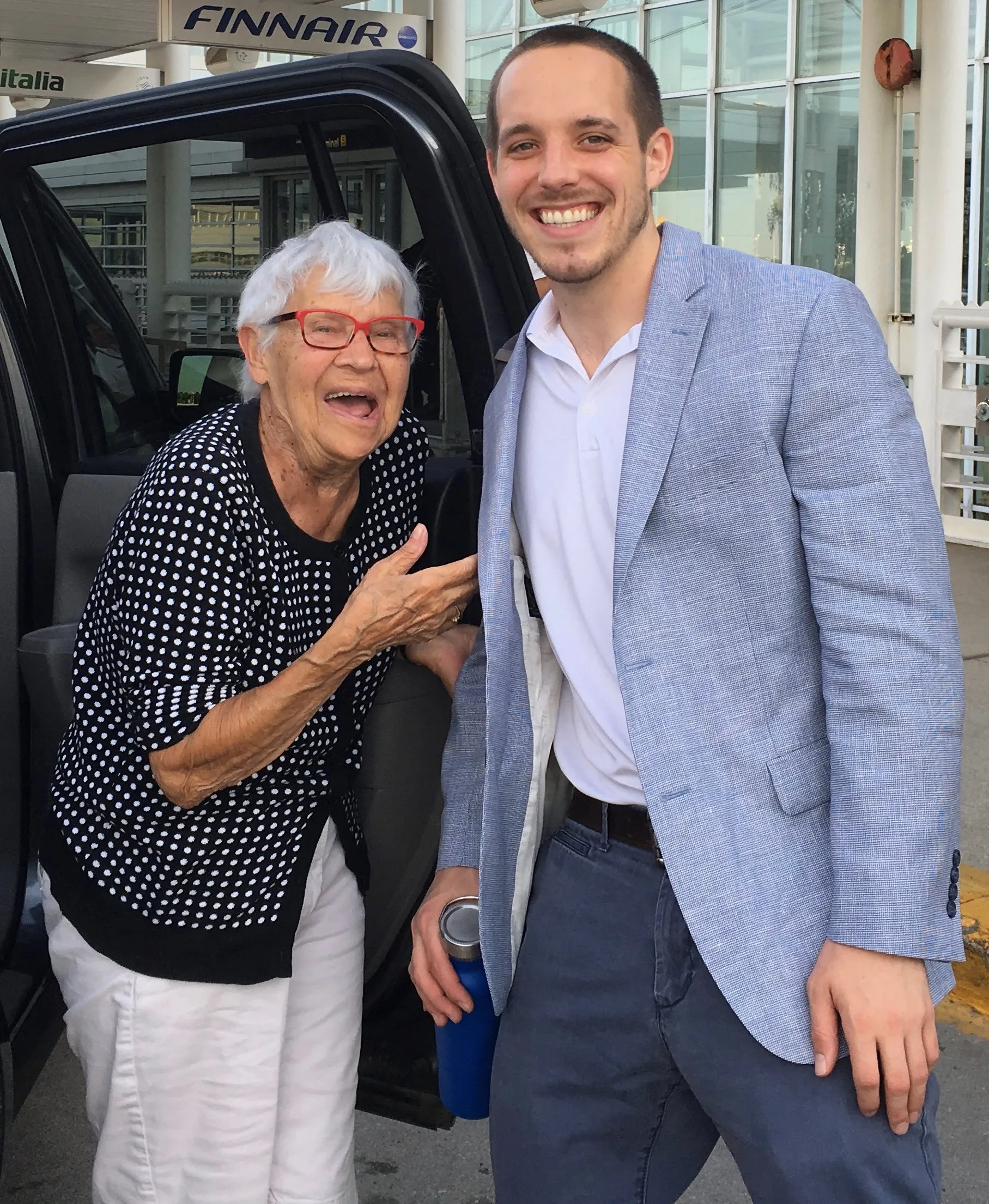Learning the Law by Working with Clients

Editor's note: The Pro Bono Board, a student group committed to expanding pro bono knowledge and opportunities to students, names a Pro Bono Volunteer of the Month. January’s honoree is Jordan Poole, ’20. Stephen Spector, ’19, a member of the board, wrote this story on her work. For more information on pro bono work, visit the Pro Bono Service Initiative website or contact Nura Maznavi in the Office of Career Services.
For Jordan Poole, ’20, some of the most important lessons she has learned about the law during her 1L year aren’t from classroom lectures or textbooks. Rather, they have come from the clients she directly works with at the Domestic Violence Legal Clinic in downtown Chicago.
The Domestic Violence Legal Clinic provides legal assistance to victims of domestic violence. Founded in 1982, the clinic started as a program of the Lawyers’ Committee for Civil Rights Under Law in response to the need for increased legal advocacy for the poor, especially women, in Cook County. Over the years, the clinic has continuously served low-income individual and families in the Chicagoland area, and in 2014, celebrated 25 years of services to victims of domestic violence.
For Jordan, volunteering at the clinic means carrying forward its tradition of providing protection to the residents who seek its help. She does so by working directly with clients and staff attorneys to file petitions requesting emergency orders of protection. The order tells the person who is abusing an individual to stop the abuse. It can also tell the person to stop contacting the abused, to leave a home, to stay away from children, or many other things that might help keep an individual safe.
Filling out a petition for an order means asking the client to share her story. Jordan listens to her clients’ stories and documents the details of their experiences. She then attaches the story as an affidavit to the emergency petition. While emotionally tolling, this part of the job is also the most insightful.
“I didn’t know what to expect when I started working with the clients,” Jordan said. “Based on my experiences so far, what is most jarring is both realizing how many different types of women come into the office and also the prevalence of these issues in Chicago. It’s easy to say that domestic violence problems occur only in certain communities, but that’s not true. These issues are deeply rooted throughout society.”
Jordan first learned about the clinic during her first-year orientation. Eager to volunteer her skills, she jumped on the opportunity after hearing about its work from a clinic staff attorney. During the autumn quarter, Jordan dedicated time on Wednesday afternoons to work at the clinic.
“I value the interaction with clients outside of the classroom,” Jordan said. “It’s great to see firsthand how the law interacts with people’s lives. Aside from learning the doctrine while inside the classroom, I’m also learning outside the classroom how people are affected by what the law says.”
Volunteering at the legal clinic is a natural extension of Jordan’s broader interests in human rights both at home and around the world. She graduated from the University of Chicago in 2016 with a joint BA/MA degree in social sciences, and worked as a research assistant focused on international affairs. Upon graduation, Jordan then worked in Texas as a terrorism and crime analyst for a geopolitical intelligence firm. Her passion for international issues led Jordan back to the University of Chicago last year; this time, however, enrolled at the Law School.
“What’s really cool about law school is that you gain skills that allow you to actually make a difference in people’s lives,” Jordan said. “You get the tools needed to work on issues that you really care about. You can actually take the things you learn in the classroom and make a difference in the world.”
After the first few months getting situated, Jordan plans to continue her work at the clinic as both a resource and advocate for her clients. And starting this quarter, Jordan will be joined by a fellow Law School classmate who plans to volunteer at the clinic as well.
“We’ve had amazingly strong women from all walks of life come through the front doors of the clinic,” Jordan said. “Being in a position to help them is very rewarding.”

